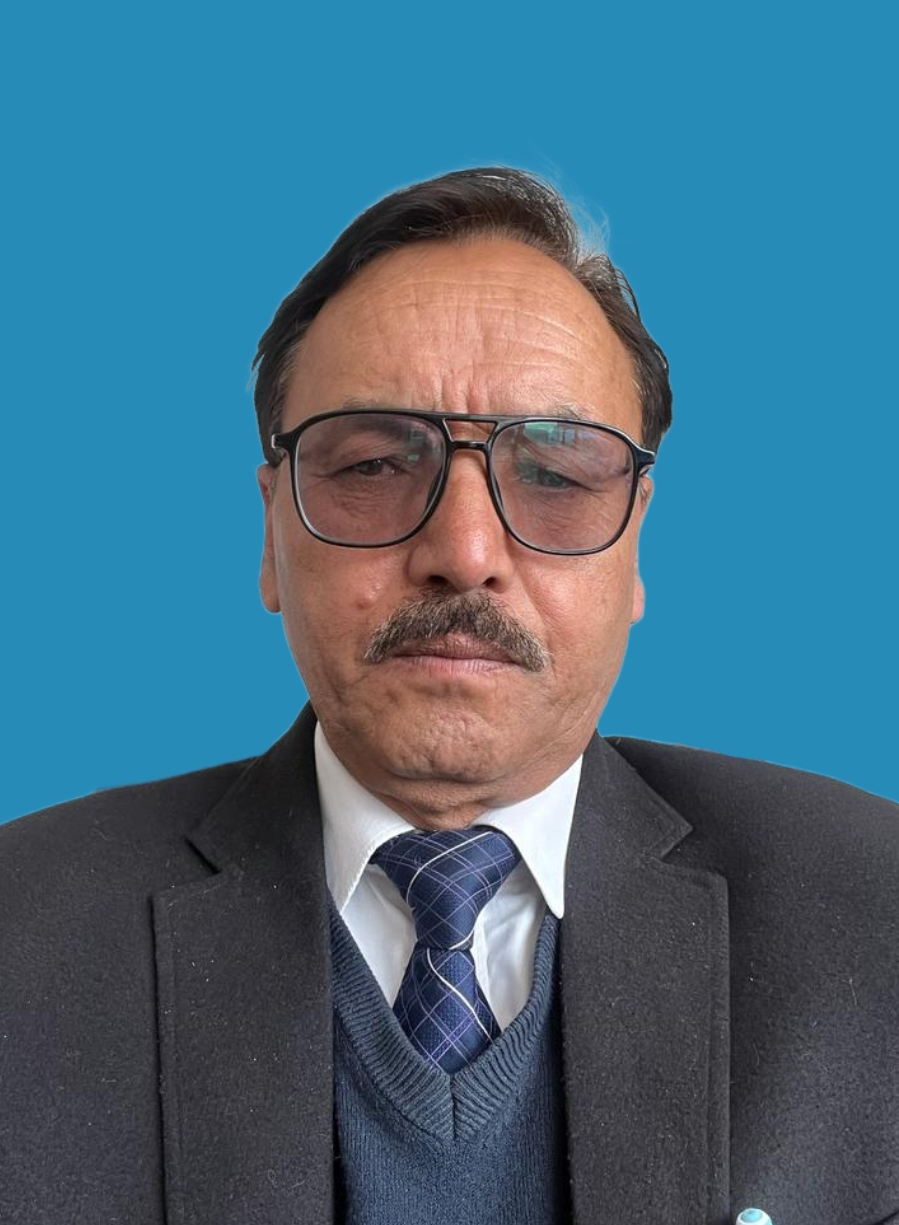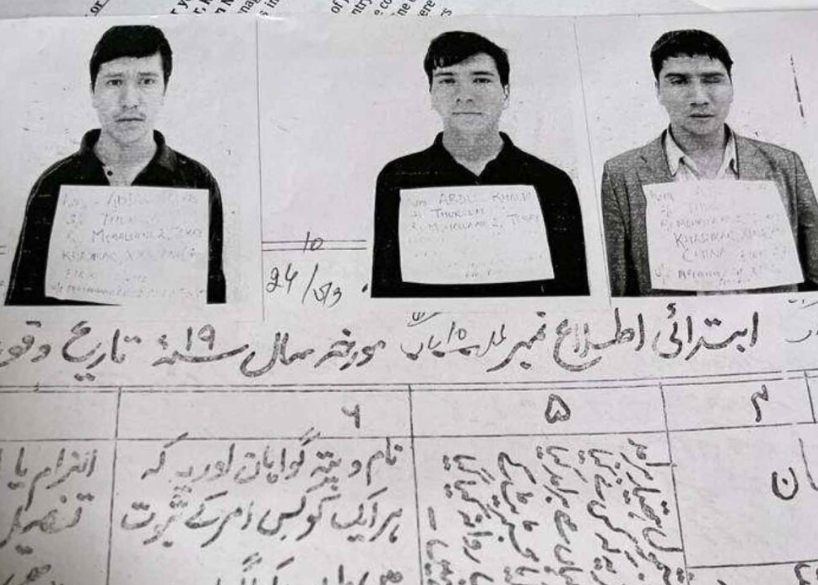10 years ago this month, three Uighur teenage siblings – Adil, Abdul Khaliq and Salamu, who were attempting to flee along a well trodden route to Jammu and Kashmir, from the persecution of the Chinese authorities in Xinjiang, suddenly found themselves in the custody of the Indian army as they passed a border outpost in Ladakh. It was at this point that their nightmare truly began.
Jailed for Trespass
Their arrest in the Sultanchusku area, along the India-China border on the evening of June 12, 2013, without possession of any legitimate travel documents, led to their incarceration in a jail in Ladakh’s main city of Leh, where they were kept before facing a trial a year later in July 2014. At the trial they were found guilty of three counts of trespassing for which they were initially sentenced to 18 months imprisonment. Shockingly, just before they were due to be released, the three were then subsequently charged under the provisions of a newly introduced Public Safety Act (PSA) in March 2015. The PSA order allows the authorities to detain an accused person for up to six months without trial, with the purpose that during that period, arrangements should be made to deport them to their native country. The reality in the case of the three brothers is that every time the PSA detention period expired, a fresh PSA was issued under the same provisions. Ten years later, the three brothers remain stuck in limbo, with the threat hanging over them that they may at any time be sent back to face certain persecution in Xinjiang, China.
All attempts to secure their release were unsuccessful
During the ten years in jail in India, they have been moved several times and having begun their incarceration unable to speak a word of the local language, they now are now fluent in Urdu, Hindi and a few words of English. They have spent the ten years effectively in isolation with only one visitor – a lawyer who accidentally became aware of their presence while visiting one of his clients in the same jail. The lawyer, Muhammad Shafi Lassu, visits them twice a year and brings odd gifts, along with some clothes and has agreed to provide them with legal assistance on a pro bono basis, to help them obtain asylum status in Kashmir. All his attempts to obtain their release have been unsuccessful. He said:
‘I have approached the authorities multiple times to seek their release and allow them to stay in India, but my pleas remain unanswered’

He says that the three siblings were completely naïve when they were first arrested, as to the scope of international border regulations. He said they had no idea that they were breaking the law when they crossed from the Xinjiang province – where they lived, into India-administered Kashmir. He also said that they had fled Xinjiang after several of their friends had been detained by authorities in Xinjiang and sent to so-called ‘re-education’ centres. He said many of their friends had been tortured.
It would seem that the siblings are caught in limbo. They do not want to be sent back to Xinjiang in China – where they face certain persecution, while the Indian authorities decline to grant them refugee status to remain at liberty in India. As India is not a signatory to the 1951 Refugee Convention nor its 1967 Protocol, as such any decisions relating to the granting of refugee status are arbitrary.
Their lawyer, Muhammad Shafi Lassu, has lobbied human rights organisations, such as Amnesty International and Human Rights Watch, on behalf of the siblings. He has even organised video recorded messages from them in which they declare:
‘We are Uighurs. We are Muslims. We are humans. We have rights. We deserve dignity. We deserve justice’
‘We are innocent. We have not done anything wrong. We have not harmed anyone. We just want to live peacefully… We request the Indian government to release us and let us go to a safe country. We request the UNHCR to help us. We request the human rights groups to raise our voice. We request the world to save us from China’s oppression… We are Uighurs. We are Muslims. We are humans. We have rights. We deserve dignity. We deserve justice.’
Although Amnesty International has yet to meaningfully respond to the specific cases of the three siblings, it has vigorously argued for the end of China’s persecution of the Uighur communities in the Xinjiang province. In a report published in June 2021 entitled ‘Like we are enemies in a war: China’s Mass Internment, Torture and persecution of Muslims in Xinjiang’, Amnesty International states:
‘Since 2017, the government of China has carried out massive and systematic abuses against Muslims living in the Xinjiang Uyghur Autonomous Region (Xinjiang). The human suffering has been immense. Huge numbers of men and women from predominantly Muslim ethnic groups have been arbitrarily detained and sent to internment camps or prison. The internment camp system is part of a larger campaign of subjugation and forced assimilation of ethnic minorities in Xinjiang’


















